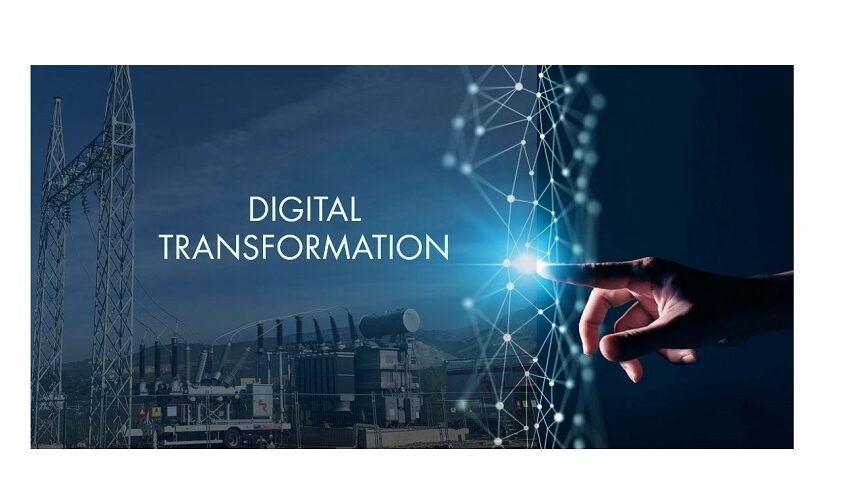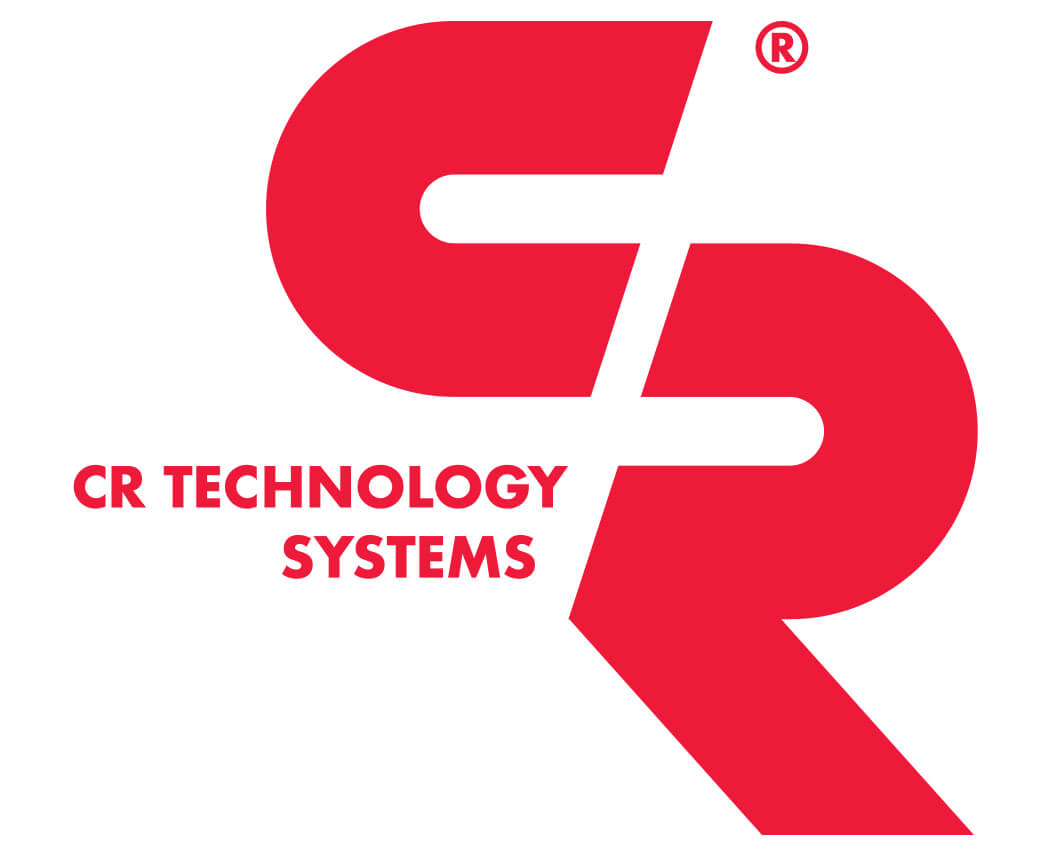Digital transformation transversally affects all sectors and all processes, from design to production to sales, also influencing the customer’s choices and their purchasing trends.
The pandemic that exploded in 2020 has made it necessary to accelerate the evolution towards digitalization, in order to stem the consequences of the lockdown and economic crisis. Since that moment, many companies have more and more invested in the digital transition, looking towards a more solid and secure future.
The digital transformation is based on the integration of the Industrial Internet of Things (IIoT), of digital communication and of Artificial Intelligence (AI).
The IIoT is a network of connected smart devices that monitor, collect, exchange and analyze data, while AI is the ability of a computer to perform tasks commonly associated with human intelligence, such as learning from its mistakes, improving performance, and making choices, but with the help of mathematical and statistical calculations.
DIGITALIZATION IN BUSINESS MANAGEMENT
Main software for digitalized companies
Thanks to digitalization, all company departments are connected to each other and the exchange of information and communications is fast and effective.
One of the main resources for those who produce electrical equipment is ERP (Enterprise Resource Planning). This software is used in the management of activities, such as accounting, procurement, project management, risk management and supply chain operations. Adopting a single platform to coordinate all departments brings advantages both in terms of management and in reducing work time.
It can be useful to integrate a CRM (Customer Relationship Management) with the ERP, in order to facilitate the relationship with the client and have his complete identikit available at any time.
Other useful tools, that work in an integrate and complementary way with the ERP are the MES (Manufacturing Execution System) and the PDM (Product Data Management).
Corporate departments in digital transformation
Concerning logistics, in the digitized warehouse robots and artificial intelligence manage inventory and shipments, through a coding system.
Digital transformation favors smart working. This entails benefits in terms of costs and availability of personnel for the company and for the worker the possibility of working from home, reducing the time and costs of traveling to the workplace. One more advantage is the environmental one, as fewer journeys make it possible to reduce CO2 emissions from cars.
Marketing can also take advantage of the new possibilities, ranging from more impactful communication thanks to augmented and virtual reality, up to a corporate presence in the metaverse.
The post-sales assistance and training courses can be carried out digitally, to facilitate the learning and immediate transmission of information.
Advantages of digital tools for the corporate organization:
- Connection between company departments
- Greater process control
- Real-time information
- Workflow synchronization
- Centralized databases
- Time and cost reduction
DIGITALIZATION IN THE ELECTRICAL SECTOR
Electrical plants
The electrical energy sector is highly affected by the digital transformation. The new technologies make it possible to remotely monitor the electrical system and promptly intervene in the event of a fault or interruption of service.
C.R. Technology Systems studies and installs technological devices in the electrical equipment and in the individual components. For instance, the protection relays guarantee the correct functioning of the system, avoiding overcurrents and overvoltages.
The sensors for temperature, humidity, and internal arc, as well as smoke and gas detectors, send signals to the operator in the event of anomalies, thus permitting the implementation of predictive maintenance plans.
All this is possible thanks to new technologies and it results in the extension of the plant lifecycle.
Smart cities
At the energy distribution level, digital transformation translates into investments and implementation of projects for smart grids. Thanks to a sophisticated and integrated system of sensors, smart networks allow huge energy and economic savings, to the benefit of society and the environment.
Smart grids are based on a different generation system which not only provides for the presence, as usual, of centralized generation connected to the large energy transmission networks, but also a strong component of distributed generation, located in the peripheral nodes of the networks distribution system, often consisting of renewable energy plants.
Since renewable sources are not programmable, distributed generation also requires greater intelligence in controlling the overall electricity system to allow for the management of any surplus energy, redistributing it in contiguous areas, where deficits may arise, or by managing appropriate accumulation, dynamically and in real-time.
Thanks to the use of smart meters, it is possible to monitor the electricity grid. This allows the user to have energy consumption under control, even through their smartphone and allows the institution to acquire data on energy use.

